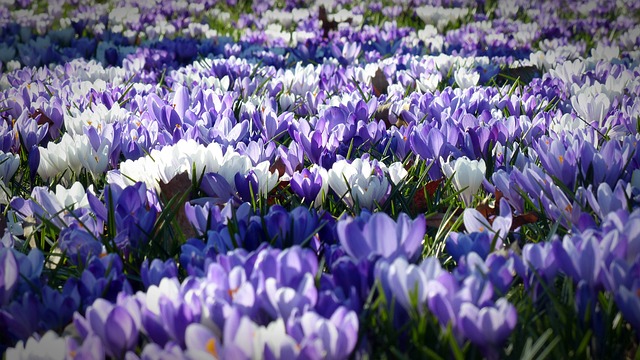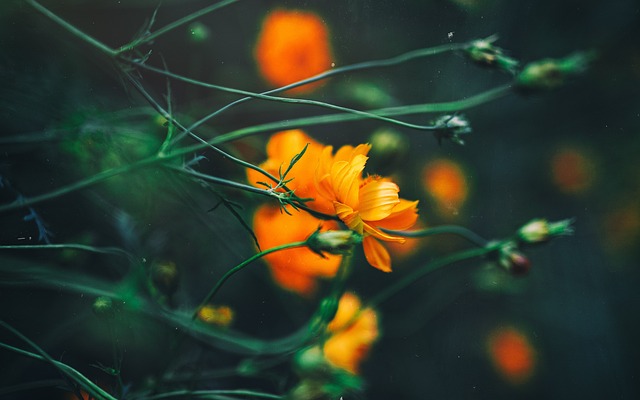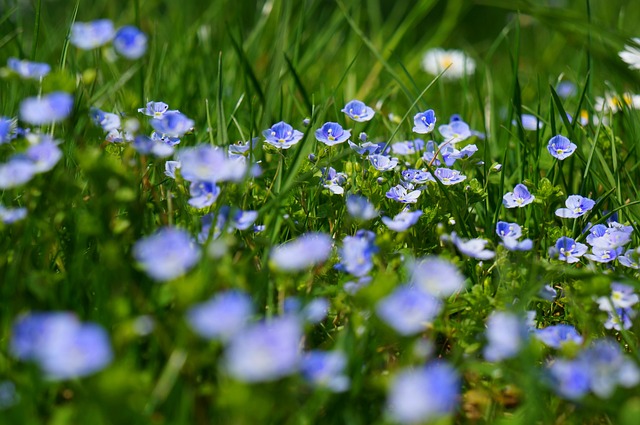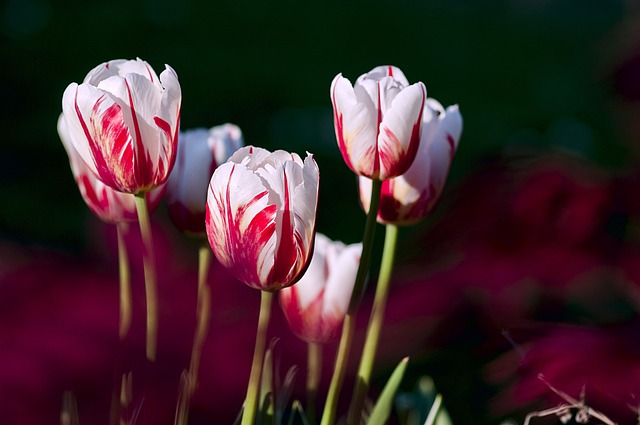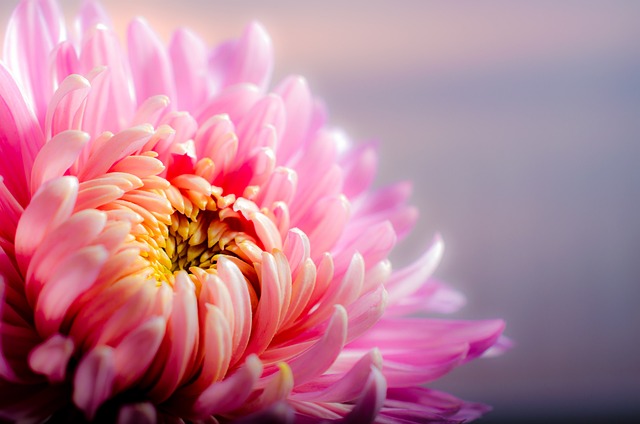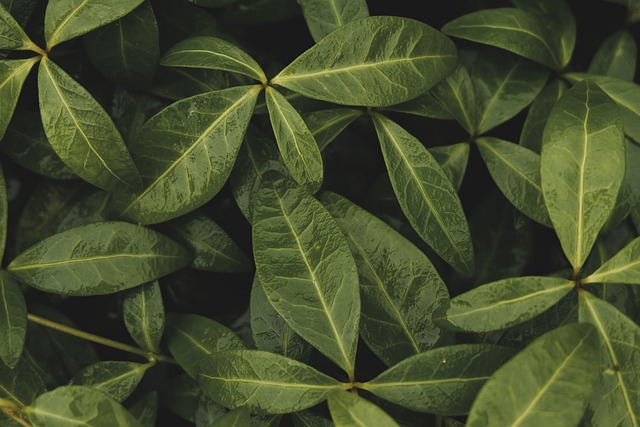
Gardening can seem complicated at first, if you do not know what you are doing. If you chose to garden naturally, you need to acquire some knowledge of the implications of the acidity of your soil, and you need to know how to utilize the correct bugs and insects instead of pesticides. If you are a beginner, take things slowly. If you want your organic garden to be a success, read the tips presented here.
You can use the wooden handles of your tools as measurement sticks. You can use shovels or rakes as measuring sticks. Lay the handles upon the floor and use a tape measure along side of them. Use a bright permanent marker and label the distances. Next time you are working in the garden, you will have a large ruler at your fingertips!
Healthy Soil
Having healthy soil in your garden is your number one defense against pests! Healthy soil equals healthy plants and healthy plants can fight off diseases with ease. Healthy, rich soil with fewer chemicals will increase the yield of your plants, and reduce accumulated salts.
There are home solutions available to combat the powdery mildew you may find on your plants. Mix a solution of baking soda, water, and a tiny bit of dishwashing liquid. Then, spray this mixture onto all of your infected plants once each week till the mildew is gone. No damage will occur to your plants, and the baking soda is mild and efficient.
Be sure to do some weeding on a regular basis. Weeds can destroy a once promising garden and take away all its potential. You might want to think about using white vinegar to do this. White vinegar will definitely kill the weeds! So, if weed pulling is tiring you out, spray a white vinegar solution all over them.
Coffee Grounds
If your soil is highly alkaline, try mixing used coffee grounds into the soil. Using coffee grounds is a low-cost way to increase the acidity of the soil. Improving the pH of your soil will make your vegetables and greens taste even better!
Before you start planting your garden, plan it! This way, you will remember the places you planted your seeds when they start sprouting. It’s also a good way to keep smaller plants from getting swallowed up by the rest of your garden.
A set of knee pads are a life saver if you’re an avid gardener and a lot of your plants sit close to the ground. Your knees will take a beating if you spend a great deal of time on the ground while tending your garden. A pair of good horticulture knee pads can cushion your knees for more comfort.
When it comes to harvesting your vegetables, know when the optimal time is to do so. Each variety of vegetable has a specific time to be harvested so that you may enjoy its fullest flavor. For instance, zucchini and baby peas have the best taste when you pick them early. The opposite is true of tomatoes. They taste their best if you allow them to ripen on the vine as long as possible. Find out what the best harvest time is for your vegetables.
Aid them by dumping any leftover water from steaming vegetables over them. You should also try using a bit of coffee grounds or tea to increase the acidity of the soil for your gardenias or your rhododendrons. If you find that you have a fungus problem, try sprinkling some chamomile tea on your plants.
When mulching your flower beds, aim for anywhere between two or three inches of mulch. This practice is an easy way to discourage weeds, retain moisture, and add valuable nutrients to your garden. Mulch will also improve the general appearance of your flower beds.
You should work efficiently, instead of working hard in your garden, to simplify things. Wasting time finding tools is inefficient horticulture. By keeping your tools in a certain area, they will always be ready whenever you are. One way to keep your tools handy is to use a belt especially designed to hold them. An alternative is to wear a garment with multiple pockets that are big enough to hold your more commonly used tools.
Don’t let all the little chores in your organic garden build up. Every time you go outside, you should take care of a few things so that you do not have too much work to do when you have the time to go back to your garden. For example, if you have a dog, pull a few weeds while you are outdoors with the dog. Over time, you keep your garden weed free without adding any additional time on to your day.
Your compost pile should contain green plants and dried ones in equal amounts. Garden wastes, such as grass clippings, are classified as green materials. The leaves you rake in the fall, straw, sawdust and the like are dry material. Don’t include ashes, diseased plants, charcoal meat, or carnivorous animal waste.
Now, you shouldn’t get your hopes up and believe that a few tips are going to turn you into an instant professional gardener. However, these tips are a great starting point if you do plan to grow organically. As you implement these tips and hone your skills, you’ll be a professional green-thumb-holder in no time.


